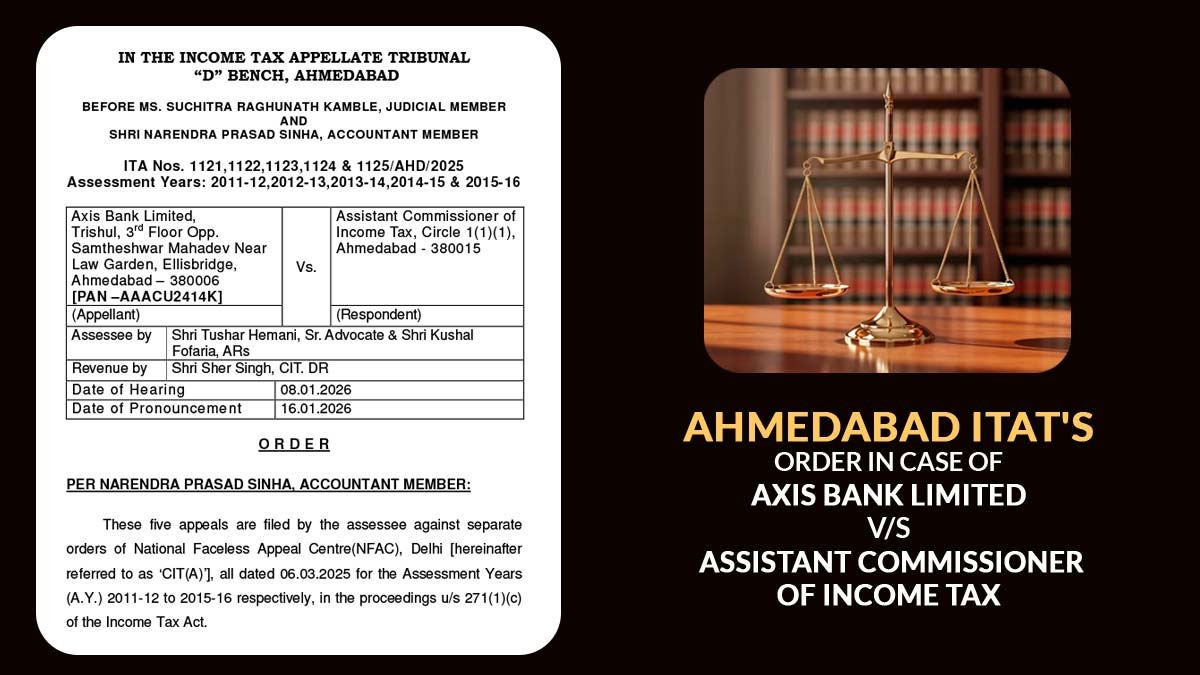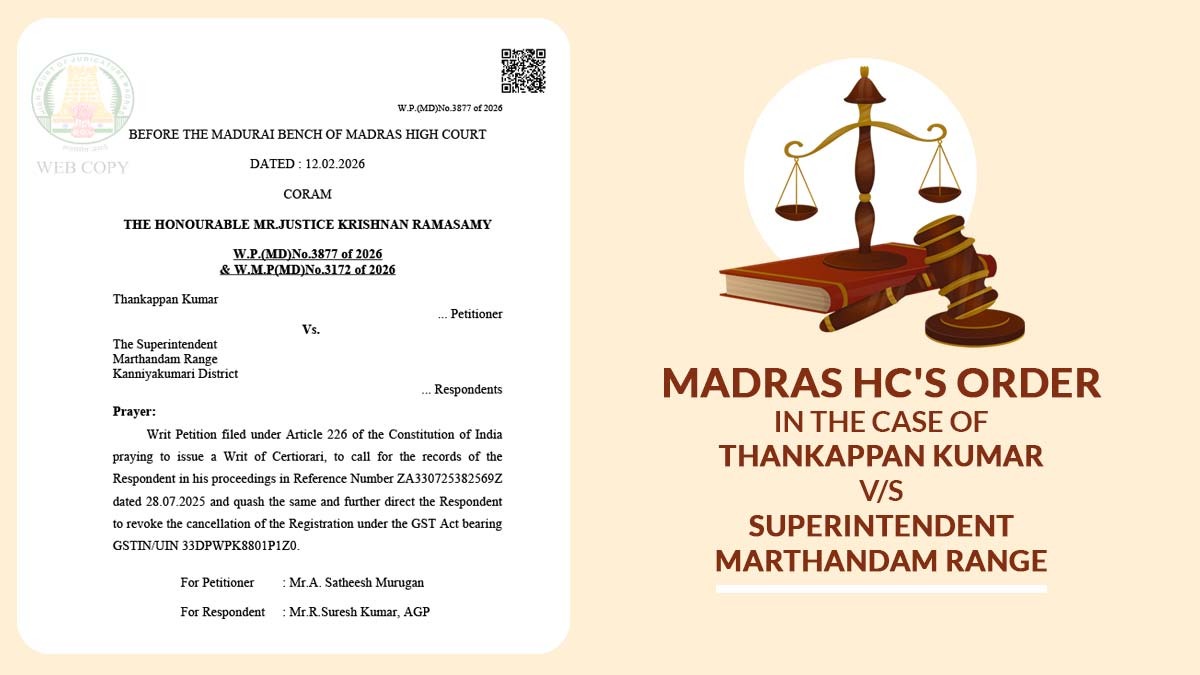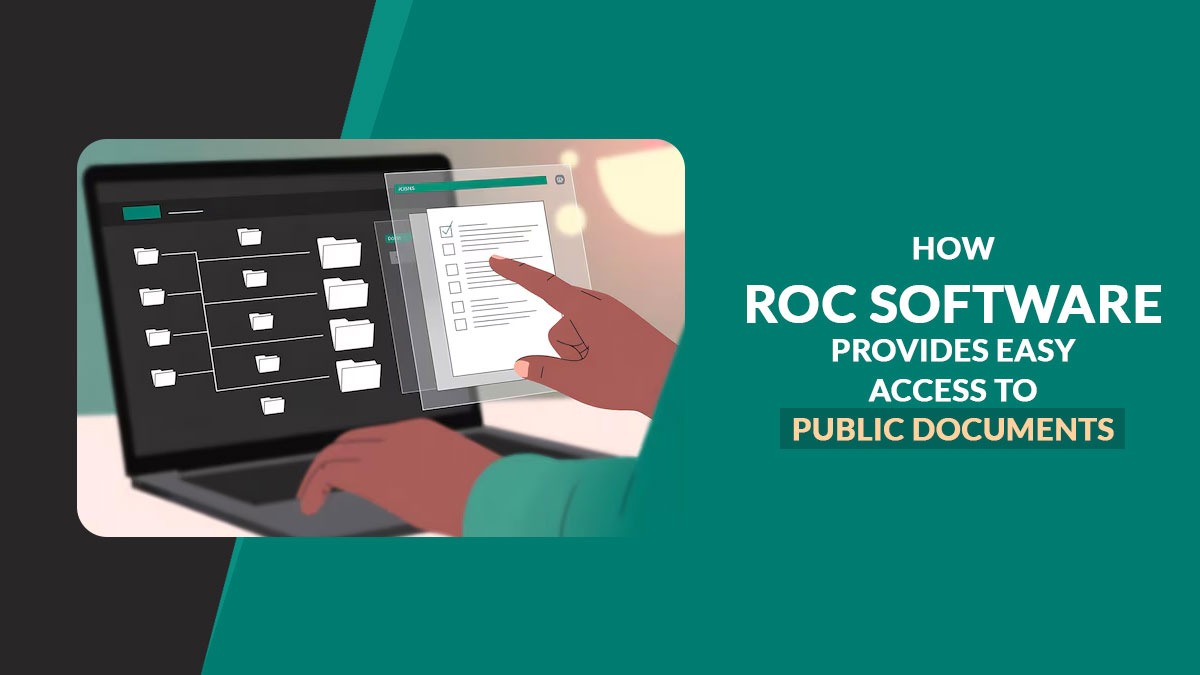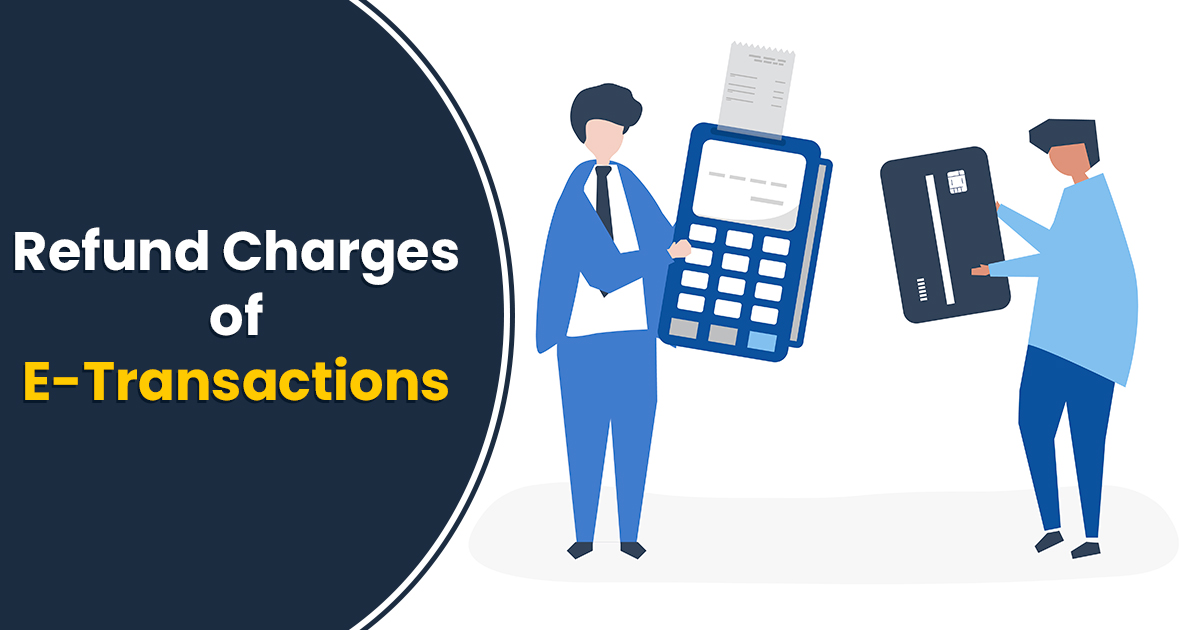
The CBDT has directly governed the bank for refunding the charges that are raised after the January 1st, 2020 on E-Transactions.
CBDT announces that the policy declared for the government to promote e-transactions and moves for the lower cash economy. Section 269SU in the Income Tax Act 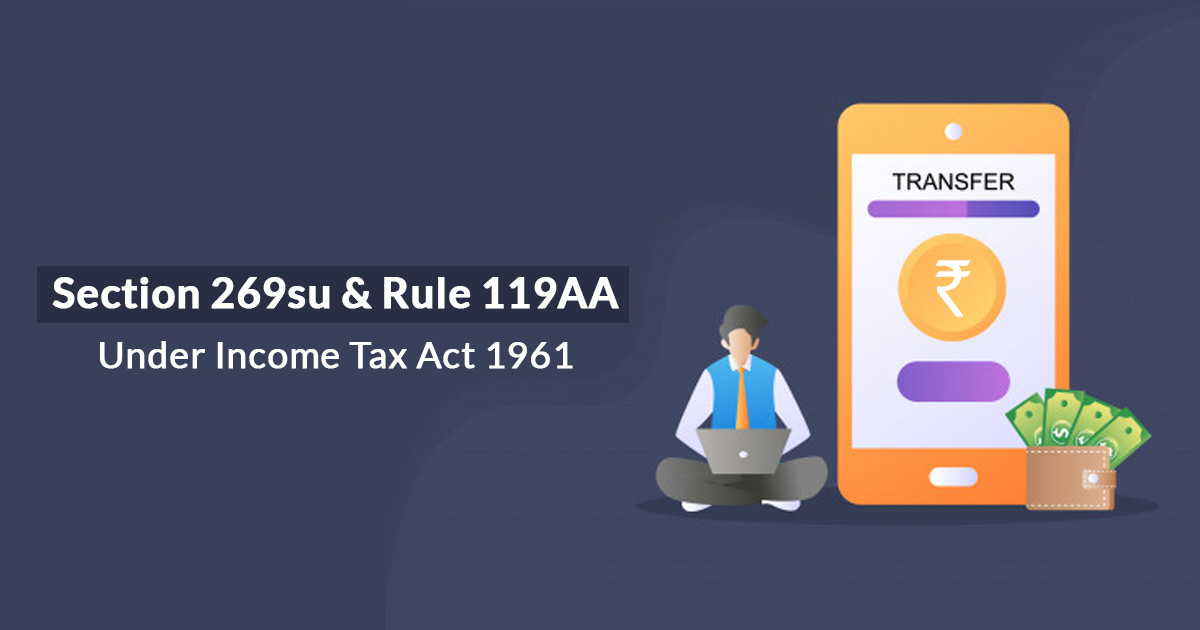
Moreover, a new act named as Section 10A is encountered for the Payment and settlement systems act 2007 (“the PSS Act”), which states that no system provider will force other charges on the taxpayer creating the payment, or a beneficiary receiving payment, through electronic modes given for the section 269SU in the IT act. Subsequently, vide notification no. 105/2019 dated 30.12.2019 (i) Debit Card powered by RuPay; (ii) Unified Payments Interface (UPI) (SHIM-UPI); and (iii) Unified Payments Interface Quick Response Code (UPI QR Code) (SHIM-UPI QR Code) were reported as designated electronic modes under section 269 SU of the IT Act.
Read Also: All About Penalty Under Section 286 & 271GB of Income Tax Act 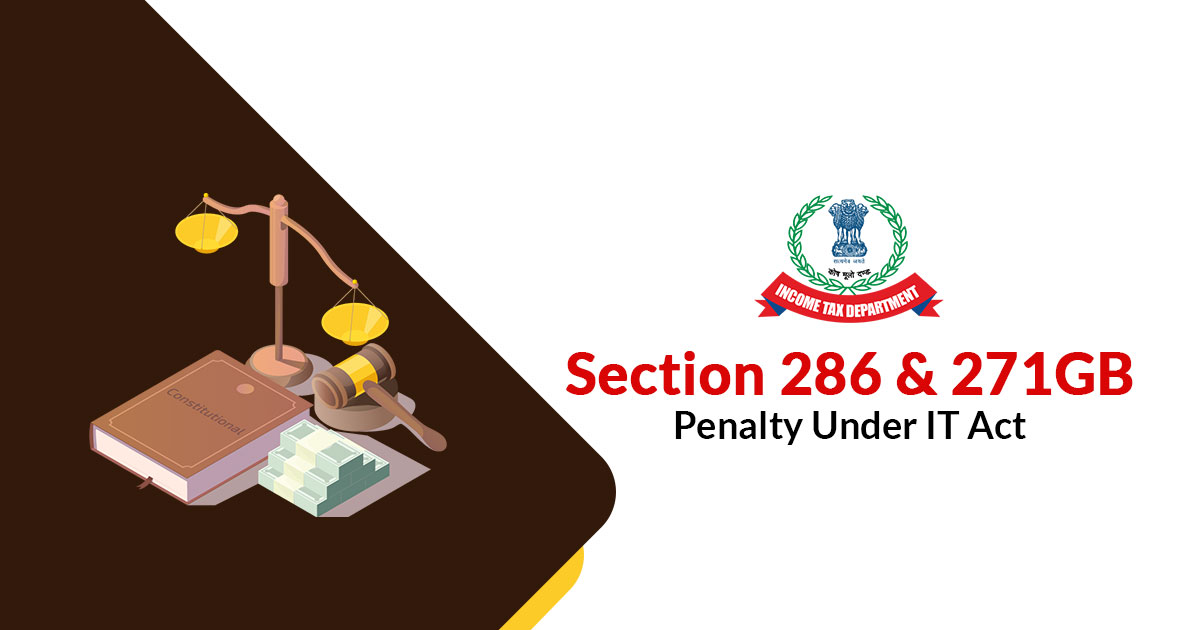
The board has issued the circular no 32/2019 dated 30.12.2019 to interpret on the basis of “section 10A of the PSS Act, any charge inclu2ding the MDR (Merchant Discount Rate) shall not be applicable on or after 01 January 2020” on the amount made within designated electronic forms.
Although the banks are imposing the charges for the transactions that have been carried via UPI. only up to a specific number of transactions can be done without any charger and the rest of the transactions are chargeable. Such practice on part of banks is a breach of section 10A of the PSS Act as well as section 269SU of the IT Act. Such breach draws penal procurements inside section 271 DS of the Income Tax Act 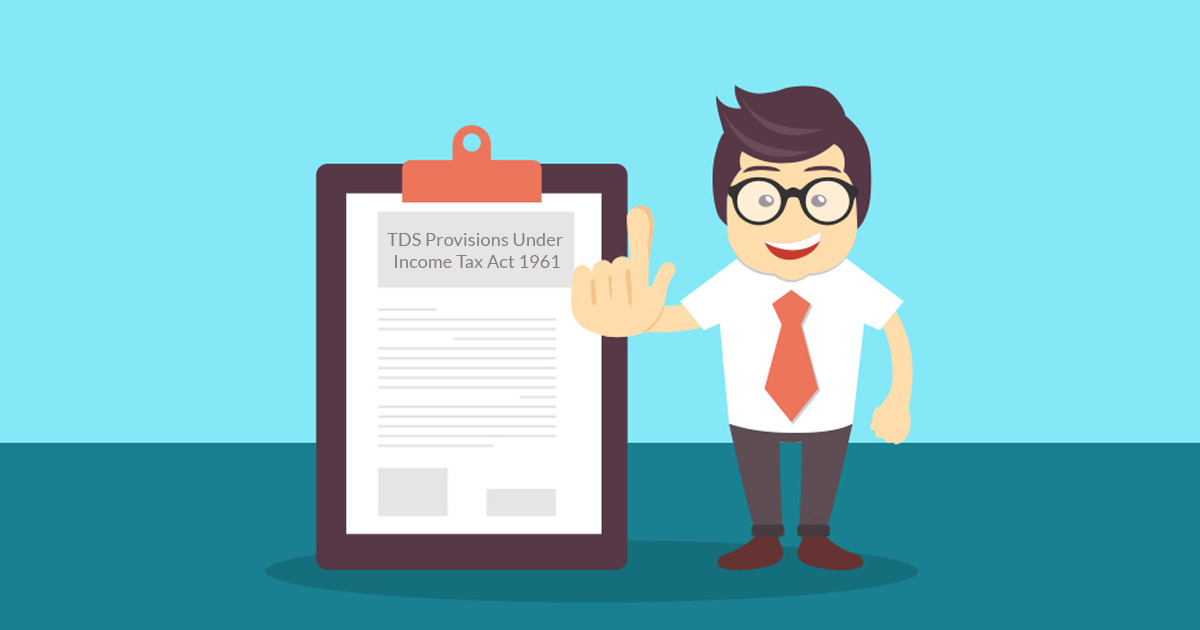
Under section 269SU in the IT Act, the banks have to refund the charges obtained on before or after 1 January 2020 through the means of electronic modes and ensure not to impose any charges on any transactions in the future through the directed modes.





